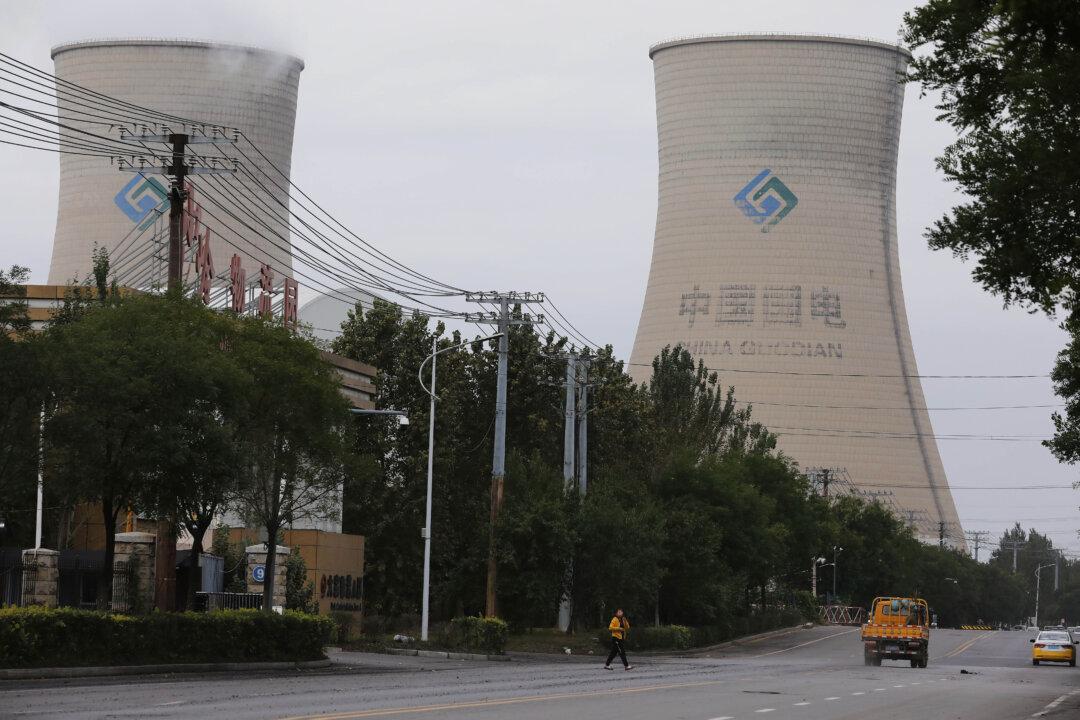The northeastern Chinese province of Liaoning imposed curbs on electricity use on Monday, marking the fifth power shortage alert in two weeks.
Authorities in Liaoning issued the province’s second-highest alert level for power shortages, warning that the shortfall could reach 4.74 gigawatts (GW). The Liaoning Provincial Industry and Information Department said in a notice that the curbs on power use started from 6 a.m. local time.




